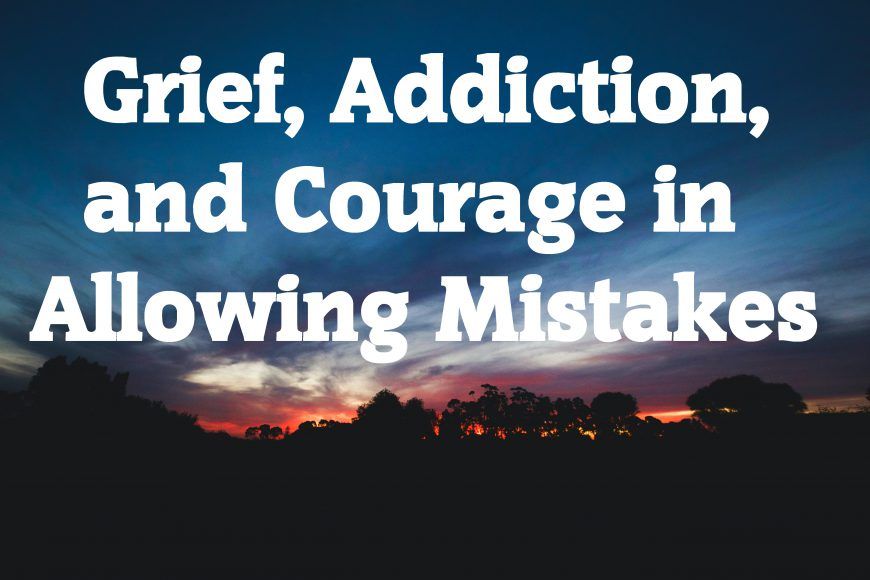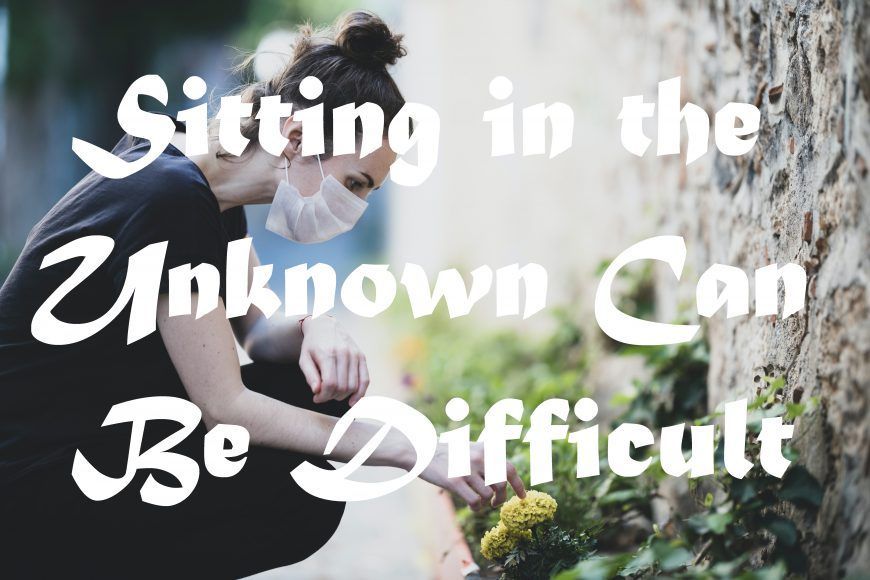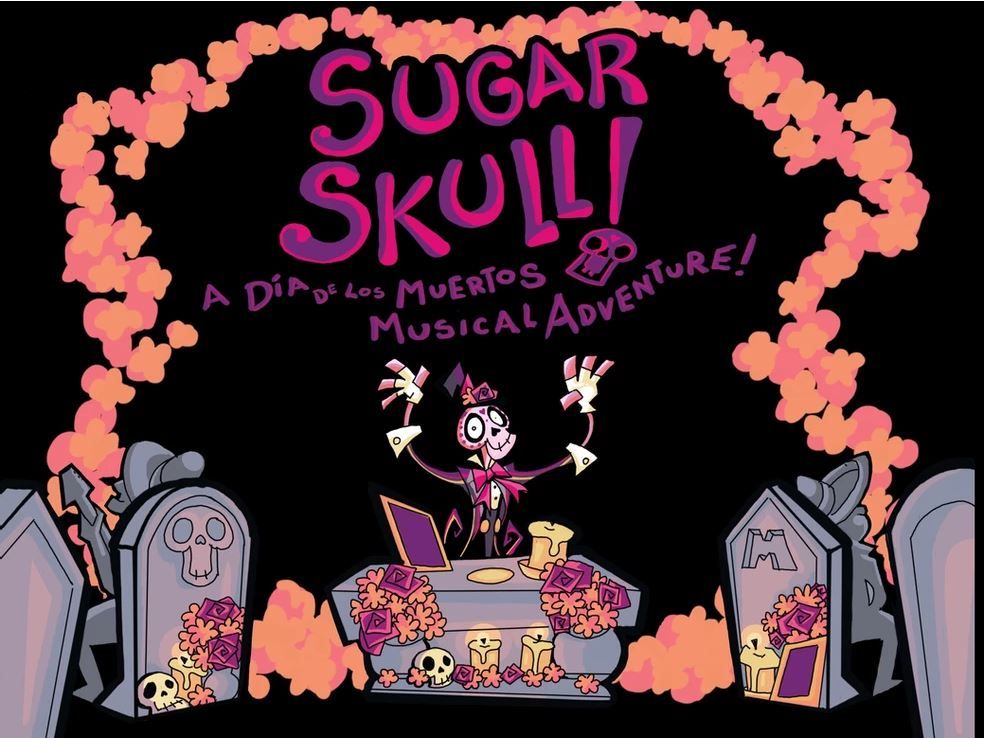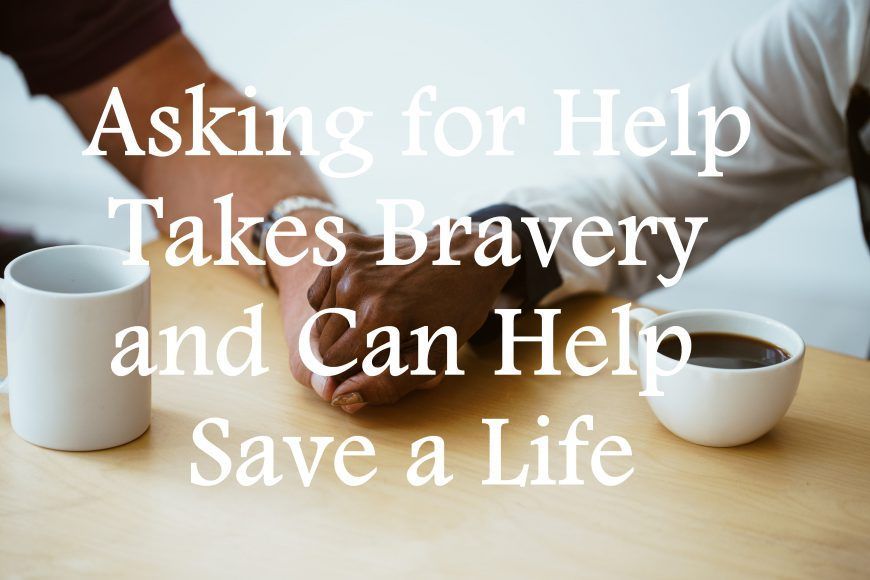A Year of Grief Support
Sign up for one year of weekly grief messages designed to provide strength and comfort during this challenging time.
Please wait
Verifying your email address
Please wait
Unsubscribing your email address
You have been unsubscribed
You will no longer receive messages from our email mailing list.
You have been subscribed
Your email address has successfully been added to our mailing list.
Something went wrong
There was an error verifying your email address. Please try again later, or re-subscribe.
Grief: A Redefinition of the Self
Most of us associate grief with death. The Cambridge English Dictionary defines grief as “very great sadness, especially at the death of someone.” Merriam-Webster defines grief as “deep and poignant distress caused by or as if by bereavement.”
Certainly, grieving the physical death of a loved one is a unique and profound emotional journey.
However, according to Ted Wiard, LPCC, CGC, and Founder and Executive Director of the grief healing center Golden Willow Retreat in Taos, NM, death is not the only loss that can stir up feelings of grief.
Wiard defines grief more broadly than the dictionary.
Grief, he says, is a redefinition of the self .
Self-Definition
Self-definition comes in many forms, and we human beings are instinctively attached to those forms. Eckhart Tolle, author of The Power of Now and A New Earth, describes this fundamental childhood process:
Children learn the magic word ‘I’ and equate it with their name, which they have already equated with who they are. Then other thoughts [“me” and “mine”] come and merge with the original I-thought. This is identification with objects, which means investing things with a sense of self, thereby deriving an identity from them. When “my” toy breaks or is taken away, intense suffering arises. Not because of any intrinsic value that the toy has – the child will soon lose interest in it, and it will be replaced by another toy – but because of the thought of “mine.” The toy became part of the child’s developing sense of self, of “I.” As the child grows up, the original I-thought attracts other thoughts to itself, becoming identified with a gender, possessions, the sense-perceived body, a nationality, race, religion, profession, roles – mother, father, husband, wife – as well as accumulated knowledge or opinions, likes and dislikes, and also things that happened to “me” in the past, the memory of which are thoughts that further define my sense of self as “me and my story.”
Whether our self-definitions create a so-called positive self-concept ( I am healthy ) or a negative one ( I am the sufferer of an illness) , the familiarity of our story gives us comfort, and we naturally try to hold onto the familiar and resist the unfamiliar.
Affixing ourselves to that which we feel defines us is a universal human experience, as is the emotional turmoil we experience at the loss of those self-definitions. When we lose a part of ourselves, we suffer. We grieve.
Loss of Self-Definition
Death – the loss of the physical form – is one form of loss, and often an intensely painful one to grieve.
But, like self-definitions, loss can come in many forms. Loss can be sudden and traumatic, as in the case of divorce, unemployment, bankruptcy, public shame, or significant injury. Loss can also be subtle and gradual, as in the loss of expectation, confidence, comfort, hope, or familiarity. Any disappointment in the day could be considered a loss. Any dissonance between how we see ourselves and how the world reflects us could be felt as a loss.
At the onset of loss, a disturbance arises in the psyche, and this disturbance, however brief or enduring, may set off a process of grief, however intense or slight. When a previously-held belief about who we are dissolves through loss, our sense of ourself is disrupted, jolted, sometimes wrenched to its very core.
According to Wiard, acknowledging our losses, however small and seemingly insignificant, helps us clear out grief-related emotions so that they don’t accumulate in our psyche and contribute to overreactions or complications down the road. As the saying goes, “If it’s hysterical, it’s historical.” Resentment, bitterness, grudges, clinging, resistance, depression, anger, self-justification, and denial may all be symptoms of redefinitions of self that have not been thoroughly processed and accepted.
The silver lining of grief is that loss is inexorably connected to gain; they are two sides of the same coin. The loss of a job through an unexpected layoff is also the opportunity for a potentially fulfilling career pivot. The loss of physical beauty and strength through the aging process is also the expansive gain of wisdom and perspective. The loss of a loved one through death is also the breaking open of the heart to let in more light and love.
Jesus taught that to find yourself, you must lose yourself: “Whoever tries to save his life will lose it, but whoever loses his life will preserve it.” – Luke 17:33
Grief, and the longing, confusion, fear, and suffering that characterizes the loss and redefinition of self, is also an opportunity for rebirth and healing. It is the doorway through which compassion, wisdom, and strength is possible. It is, according to Wiard, “the emotional path to step into our new life situation” with open minds and hearts.
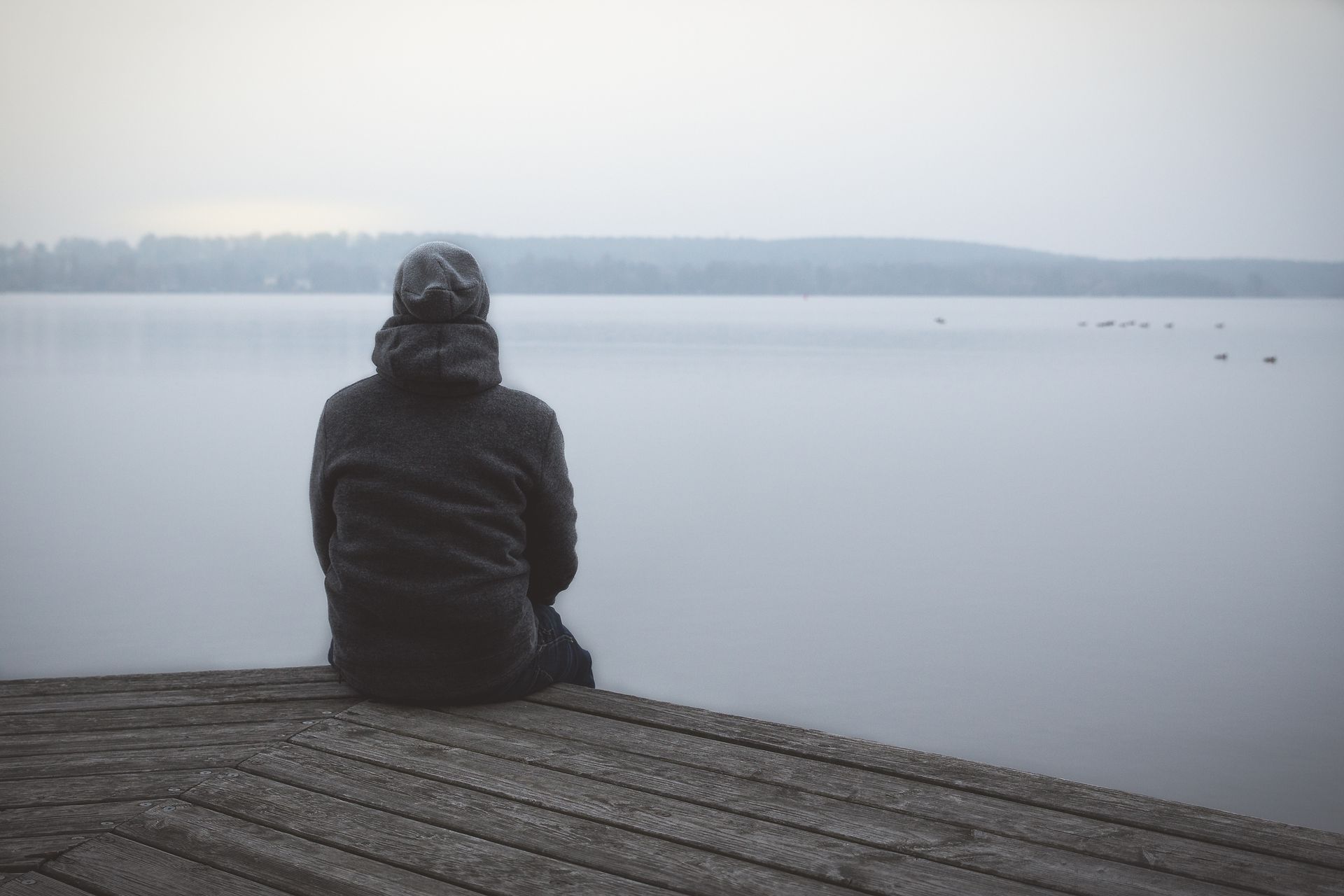
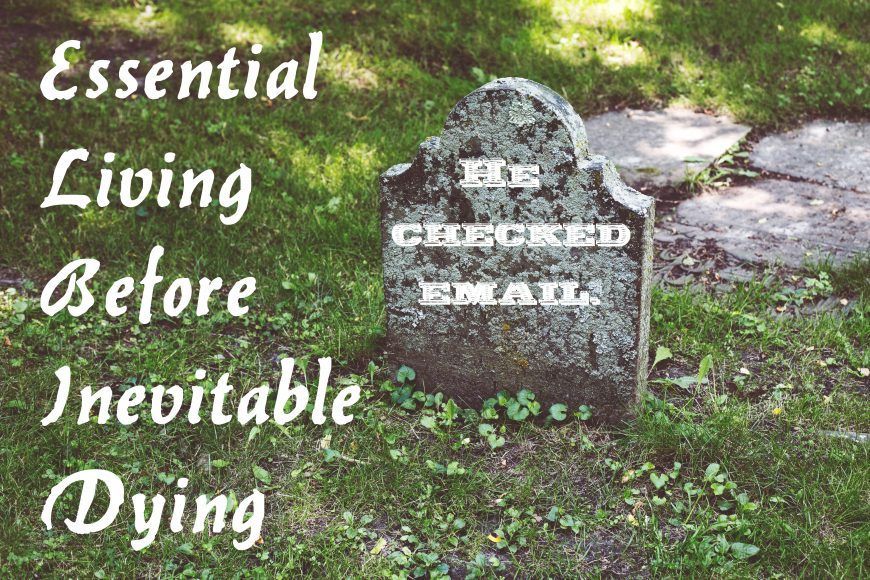
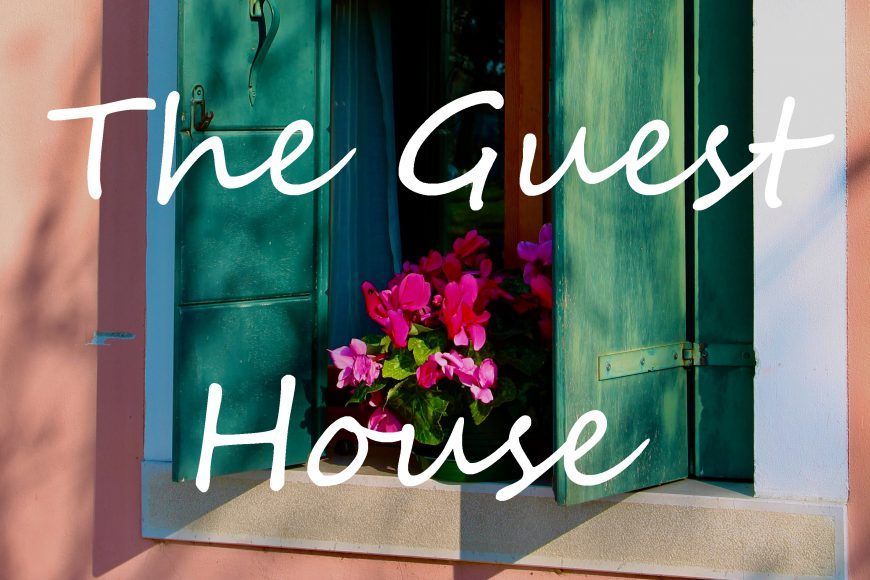
A Year of Grief Support
Sign up for one year of weekly grief messages designed to provide strength and comfort during this challenging time.
Please wait
Verifying your email address
Please wait
Unsubscribing your email address
You have been unsubscribed
You will no longer receive messages from our email mailing list.
You have been subscribed
Your email address has successfully been added to our mailing list.
Something went wrong
There was an error verifying your email address. Please try again later, or re-subscribe.



